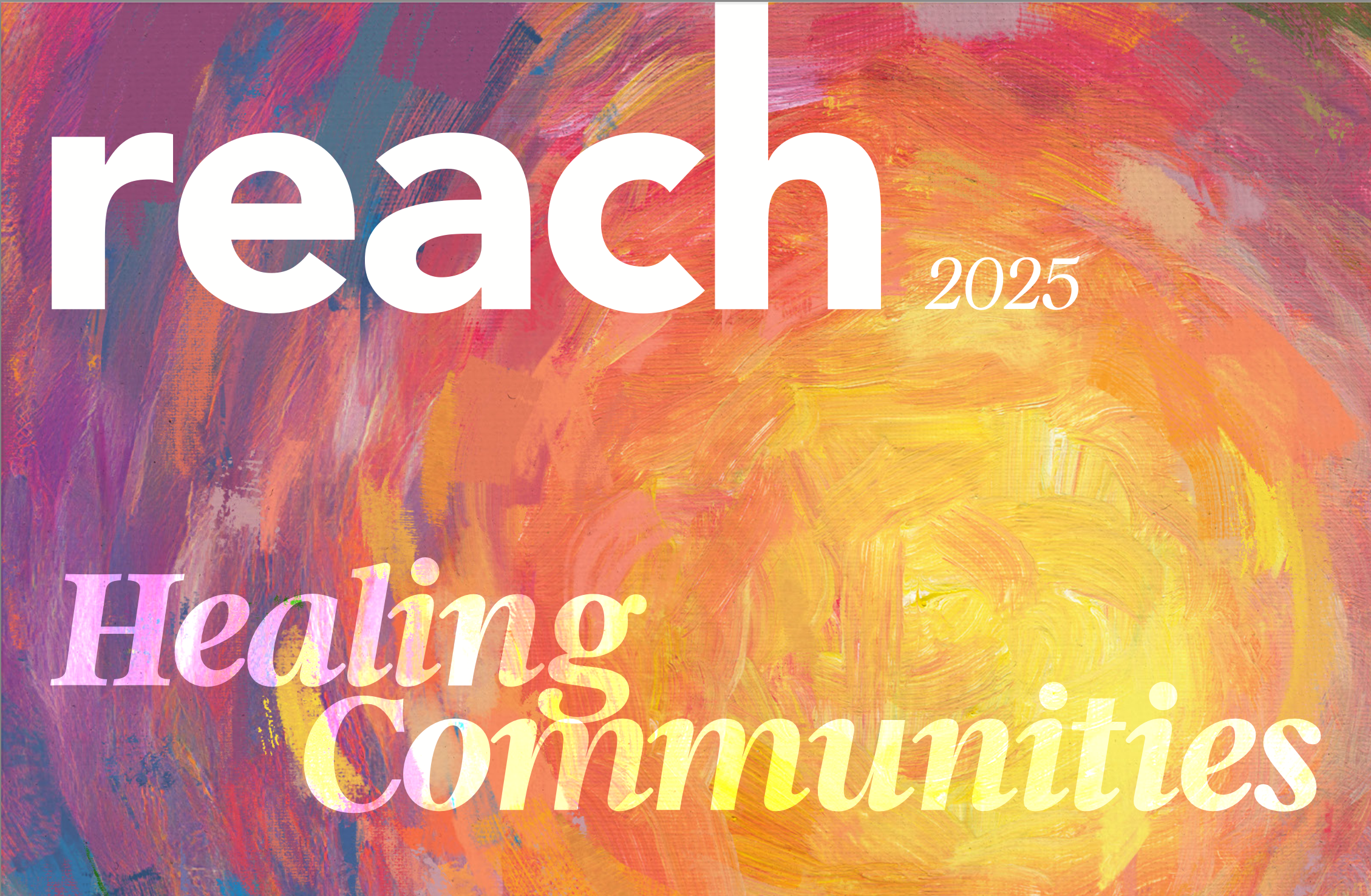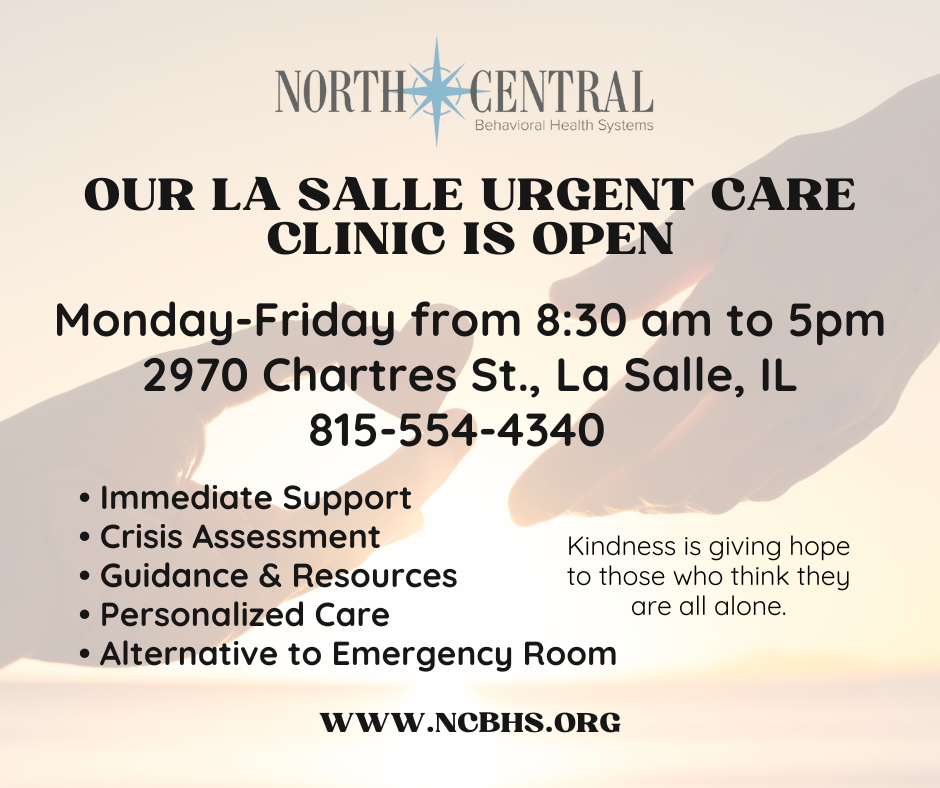The occasional experience of sadness and depression occurs during the life course of most people and virtually everyone in his or her life has been depressed at one time or another. Depression is a normal response to loss or disappointment. When depression persists and/or becomes so severe that it significantly disrupts a person’s world, depression may become pathological. Normal depression is characterized by a brief period of sadness, grief, or dejection in which disruption of normal functioning is minimal.
Mild disturbances of mood and thoughts are manifested by apathy, impaired concentration, and increased guilt. These reactions are often responses to discrete environmental events, such as the loss of an important other or disappointments in career or finances. This type of depression may require no treatment and often lifts with the passage of time.
Moderate episodes of depression are more disruptive to normal functioning and may be associated with distorted cognitions and/or skill deficits that require various psychological therapies.
The more severe depressive syndrome necessitates a multimodal therapeutic approach, usually including psychotherapy, and psychopharmacology.
Depression is a disorder of mood and affect, with the following primary symptoms:
- Dysphoria or feeling bad, and/or an apathetic mood
- A loss or decrease in the potency of a stimuli – for example through the death of a significant other, and
- Anhedonia, or a chronic inability to experience pleasure.
These primary symptoms are often associated with a various mixture of the following secondary symptoms:
- Withdrawal from contact with others
- A sense of hopelessness
- Rumination about suicide and/or death
- Sleep disturbance, especially early morning awakening
- Psychomotor agitation
- Decrease in and/or disruption of eating behaviors
- Self-blame, a sense of worthlessness and irrational feelings of guilt
- Lack of concentration
- Lack of decisiveness
- Increase alcohol or drug use; and
- Crying for no apparent reason.


